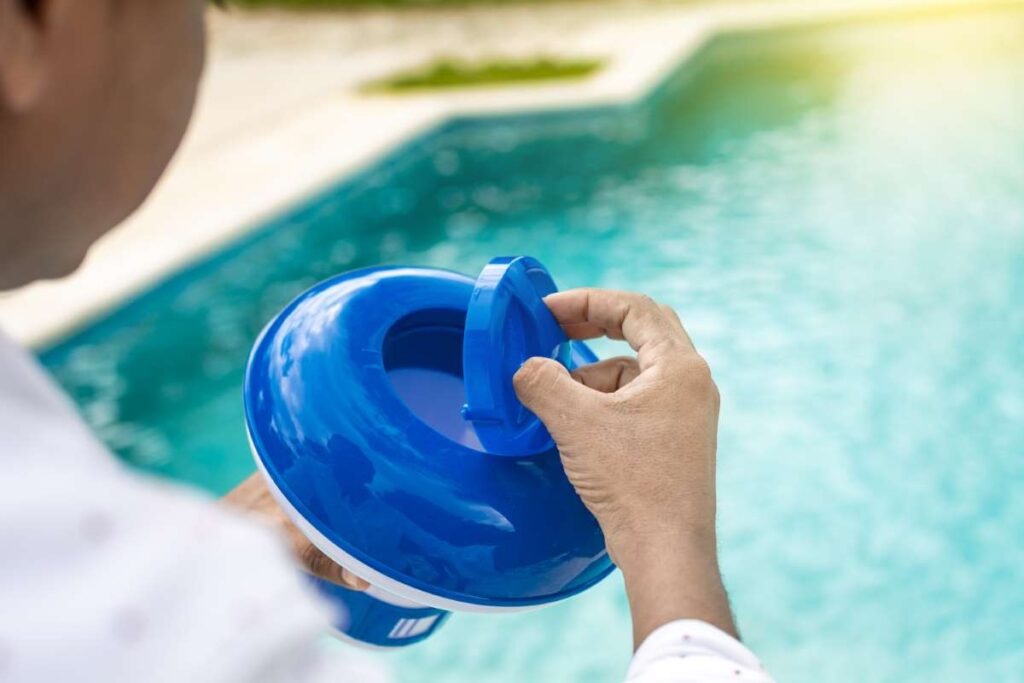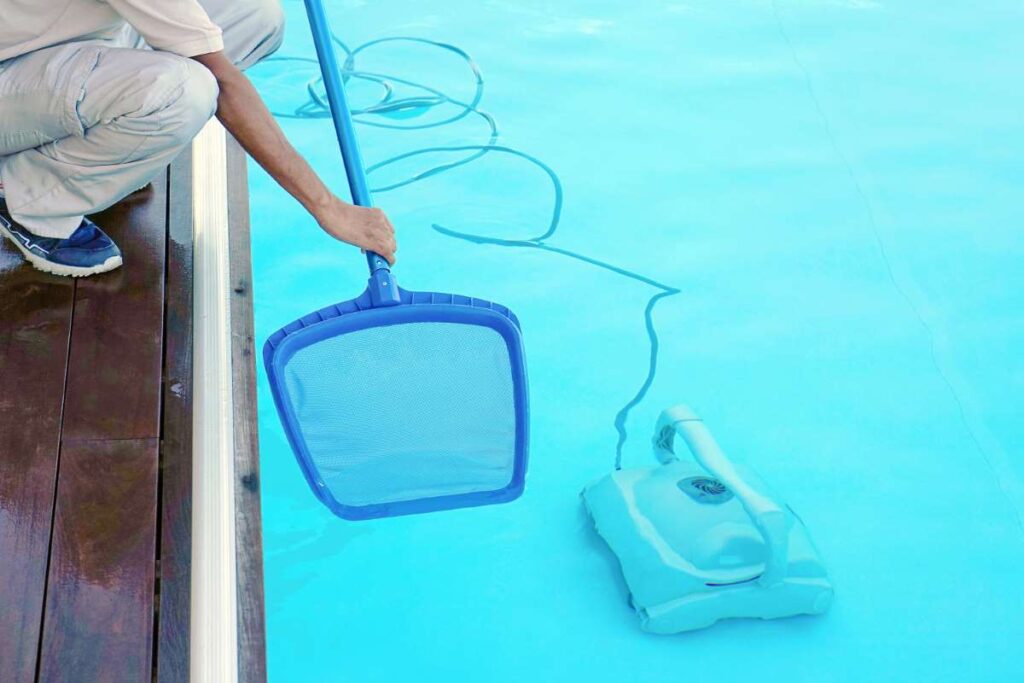Composting Organic Debris from Pool Cleanings
Discover how to transform organic debris from pool cleanings into valuable compost, benefiting your garden and the environment. Learn the benefits and methods!
In the world of pool maintenance, it’s easy to overlook the environmental impact of the organic debris collected during routine cleanings. Whether it’s leaves, insects, or even grass clippings, these materials often end up in landfills, contributing to waste. However, they can be repurposed into nutrient-rich compost that benefits gardens and landscapes. In this post, we’ll dive deep into the process of composting organic debris from pool cleanings, exploring its benefits, best practices, and how it can contribute to both a greener lifestyle and successful gardening.
The Importance of Composting
Composting is a natural process that transforms organic materials into a valuable resource for soil health and plant growth. Here are some key reasons why composting is essential:- Reduces Waste: By composting debris from pool cleanings, you minimize the amount of waste sent to landfills, which is crucial in preserving the environment. – Enriches Soil: Compost improves soil structure, enhances nutrient content, and promotes healthy microbial activity, which is essential for robust plant growth. – Saves Money: Creating your own compost reduces the need for chemical fertilizers, saving you money on gardening supplies while promoting a more sustainable approach to landscaping.According to the Environmental Protection Agency, composting can divert up to 30% of waste from landfills, making it an effective strategy for sustainability.
Collecting Organic Debris from Pool Cleanings
To start composting effectively, you first need to collect the organic debris from your pool cleanings properly. Follow these simple steps:1. Gather Debris: Use a skimmer net or vacuum to collect debris like leaves, twigs, and algae. Ensure to separate any non-organic materials like plastics or metals. 2. Dry the Materials: If possible, allow the organic debris to dry out slightly. Moisture can lead to a smelly compost pile, so a bit of drying can help balance moisture levels. 3. Chop Larger Pieces: If you have larger leaves or twigs, chopping them into smaller pieces can speed up the composting process.4. Store in a Compost Bin: Create or purchase a compost bin where you can store the collected organic debris and manage the composting process efficiently.These initial steps set the foundation for successful composting and ensure your efforts yield effective results.
Best Practices for Successful Composting
To turn your pool cleaning debris into rich compost, following best practices ensures a successful composting process:- Balance Green and Brown Materials: A good compost pile consists of a mix of “green” materials (like fresh plant clippings and pool debris) and “brown” materials (like dried leaves, cardboard, or straw). Aim for a ratio of about 1:3 green to brown materials to maintain proper aeration and decomposition.- Aerate Regularly: Turn your compost pile every few weeks to introduce air, which is crucial for the decomposition process. Aeration speeds up the breakdown of materials and prevents odor.- Monitor Moisture Levels: Your compost should feel like a damp sponge. If it’s too dry, add water; if it’s too wet, add more brown materials to absorb the excess moisture.- Be Patient: Composting takes time. Depending on the materials and conditions, it can take anywhere from a few weeks to several months for the compost to be ready. Regularly check for decomposition signs, such as heat and a rich, earthy smell.By implementing these best practices, you’ll create a thriving compost pile that turns organic debris into a beneficial product for your garden.
Using Compost from Pool Cleanings in Your Garden
Once your compost is ready, it’s time to put it to good use! Here are some effective ways to incorporate compost into your gardening routine:- Soil Amendment: Mix compost into your garden soil to improve its texture and nutrient content. This is particularly beneficial for sandy or clay soils.- Mulch: Spread a layer of compost on top of your garden beds to help retain moisture, suppress weeds, and maintain a consistent soil temperature.- Potting Mix: Combine compost with potting soil for planting in containers. This enhances drainage and provides essential nutrients to potted plants.- Lawn Care: Aerate your lawn and top-dress it with compost to promote healthy grass growth and improve soil health.Incorporating compost into these areas can lead to healthier plants, increased yields, and a more vibrant garden overall.
Environmental Benefits of Composting
Beyond personal gardening benefits, composting organic debris from pool cleanings contributes significantly to environmental health. Consider these ecological advantages:- Reduces Carbon Footprint: Composting reduces the need for chemical fertilizers, which require energy-intensive production processes, thus lowering your carbon footprint.- Decreases Water Usage: Healthy soil retains moisture better, reducing the need for frequent watering in gardens and landscapes.- Supports Biodiversity: Compost enriches soil, supporting diverse plant life and fostering habitats for beneficial organisms like earthworms and beneficial microbes.- Mitigates Climate Change: Proper composting practices can sequester carbon in the soil, helping to combat climate change by reducing greenhouse gas emissions.As more individuals and communities adopt composting practices, the collective impact on the environment can be profound.
Conclusion
Composting organic debris from pool cleanings is more than just a sustainable practice; it’s a gateway to enriching soil health and enhancing your garden’s productivity. By following proper collection and composting techniques, you not only reduce waste but also create a valuable resource that benefits your plants and the environment. Embrace the opportunity to transform what would typically be discarded into a nutrient-rich compost pile ready to nourish your garden.If you’re interested in diving deeper into pool maintenance or exploring opportunities in the pool service industry, consider
Superior Pool Routes. With over 20,000 accounts sold and unmatched training and support, Superior Pool Routes offers aspiring entrepreneurs and service professionals the chance to thrive in a sustainable business model. Start your journey today towards greener practices and a successful business in the pool maintenance industry!



